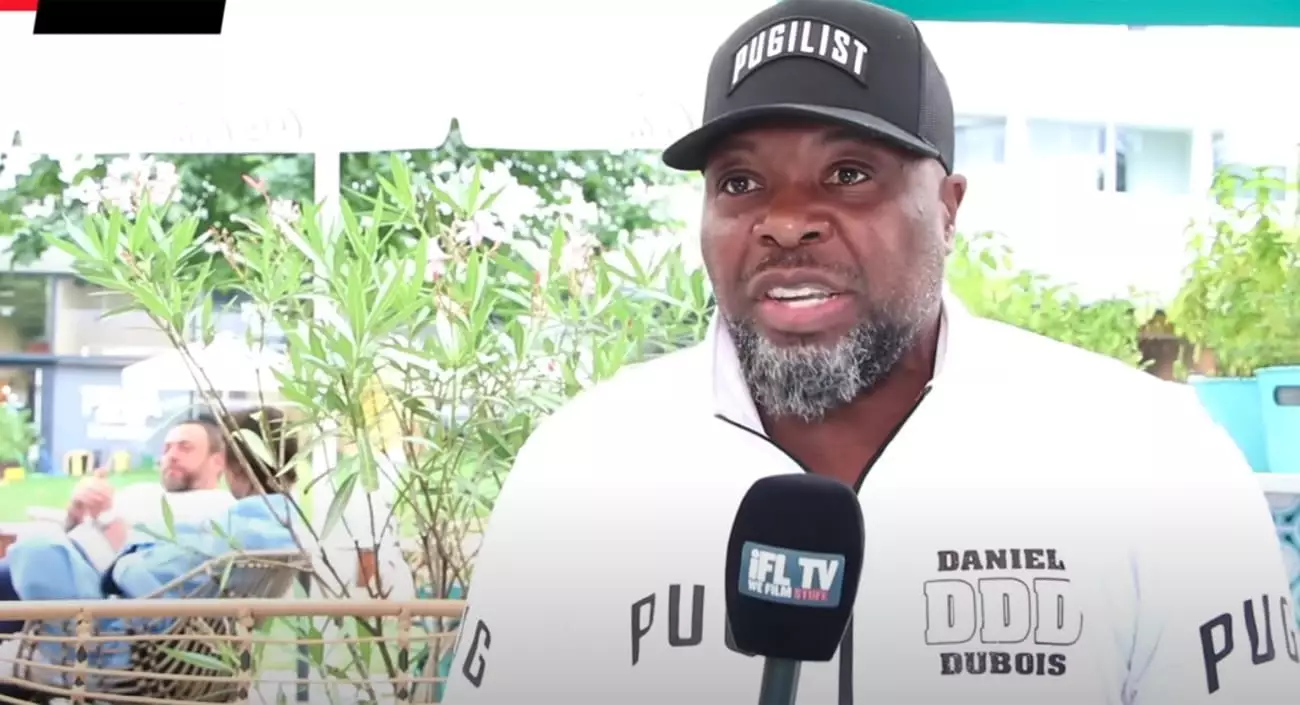The recent upheaval in Daniel Dubois’s career signifies more than just another setback; it embodies a pivotal moment of transformation. After a harrowing knockout loss to Oleksandr Usyk, one might expect a period of introspection and stabilization. Instead, the chaos surrounding his team’s restructuring suggests that Dubois is confronting the brutal reality that resilience often emerges from disarray. The departure of his trainer Don Charles and assistant Kieran Farrell signals a desire to recalibrate his approach, and perhaps more importantly, reflects his inner drive to not be defined by a single defeat. Such upheavals, while unsettling, can act as catalysts for growth—forcing a fighter to reevaluate tactics, mindset, and support systems. Dubois’s willingness to shake the foundations of his camp demonstrates a fiercely competitive spirit and a recognition that staying stagnant is not an option if he hopes to reclaim his status.
The Power of Strategic Change
In boxing, as in life, reinvention often hinges on strategic choices. The whispers about Tony Sims stepping into the role of Dubois’s new trainer suggest a deliberate move to add fresh perspectives and techniques to his arsenal. Sims’s reputation for developing durable fighters and maximizing their potential could provide Dubois with the necessary tools to overcome his recent failures. Transition periods are fraught with uncertainty; however, they also open doors for innovation. The decision to part ways with Charles does not diminish the trainer’s accomplishments—his guidance in Dubois’s previous victories remains valuable—but it underscores the necessity of evolution in a sport where the margin for error is razor-thin. Dubois’s age, at just 27, positions him perfectly to harness this change, capable of integrating new strategies and insights to launch a more formidable comeback.
Lessons Beyond the Ring
This episode in Dubois’s career highlights the often-overlooked mental and emotional complexities fighters face. The incident preceding the Usyk rematch—a party that reportedly involved unfamiliar faces and a lack of focus—illuminates how personal choices can influence athletic performance profoundly. Such moments expose vulnerabilities that can be exploited by opponents and can disrupt a fighter’s mental discipline. The hope is that Dubois, now at a crossroads, will channel these lessons into improved focus and professionalism. By confronting and rectifying these distractions, he can foster a resilient mindset that compensates for technical deficiencies. Success in boxing is as much about mental fortitude as it is about physical talent, and Dubois’s ability to adapt emotionally will ultimately decide whether he can rise anew from this setback.
Looking Ahead with Unwavering Determination
Despite the turbulence, Dubois’s prospects remain promising. His youth and previous accomplishments—highlighted by notable victories over fighters like Anthony Joshua—are a testament to his potential. This period of upheaval, while painful, could serve as a launching pad for a more disciplined, strategic, and mentally fortified version of himself. The coming months will be critical as he integrates his new team and refines his approach. If Dubois leverages this adversity as an opportunity to innovate and renew his focus, he can rewrite his narrative from one of recent failures to a story of resilience and triumph. The heavyweight division is a landscape of relentless competition, but within chaos lies the chance for rebirth—an opportunity that Dubois must grasp with both hands if he truly aspires to reclaim his rightful place among the elite.


Leave a Reply